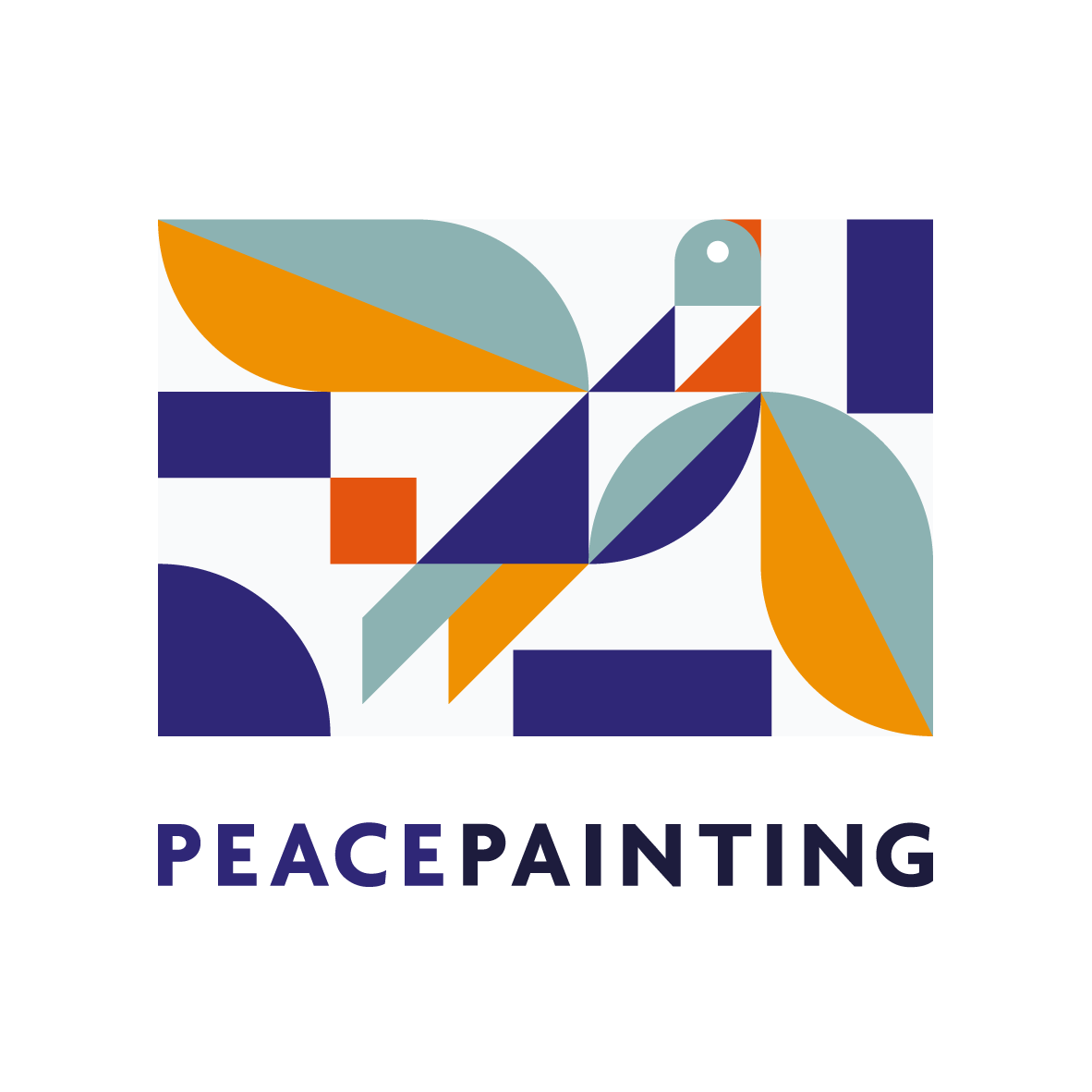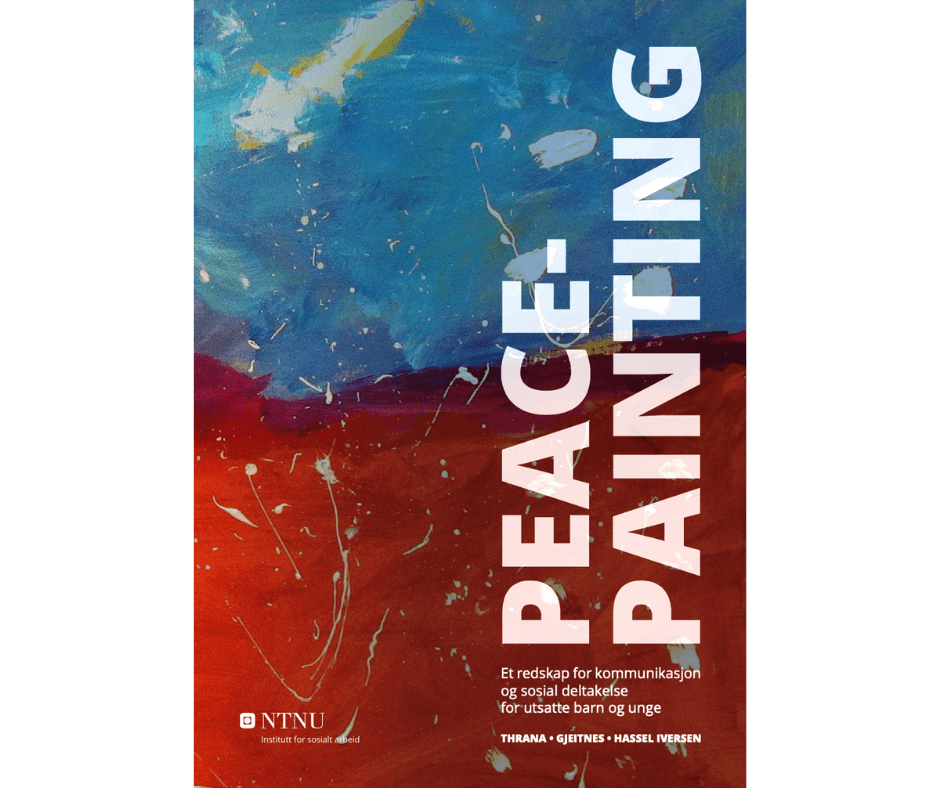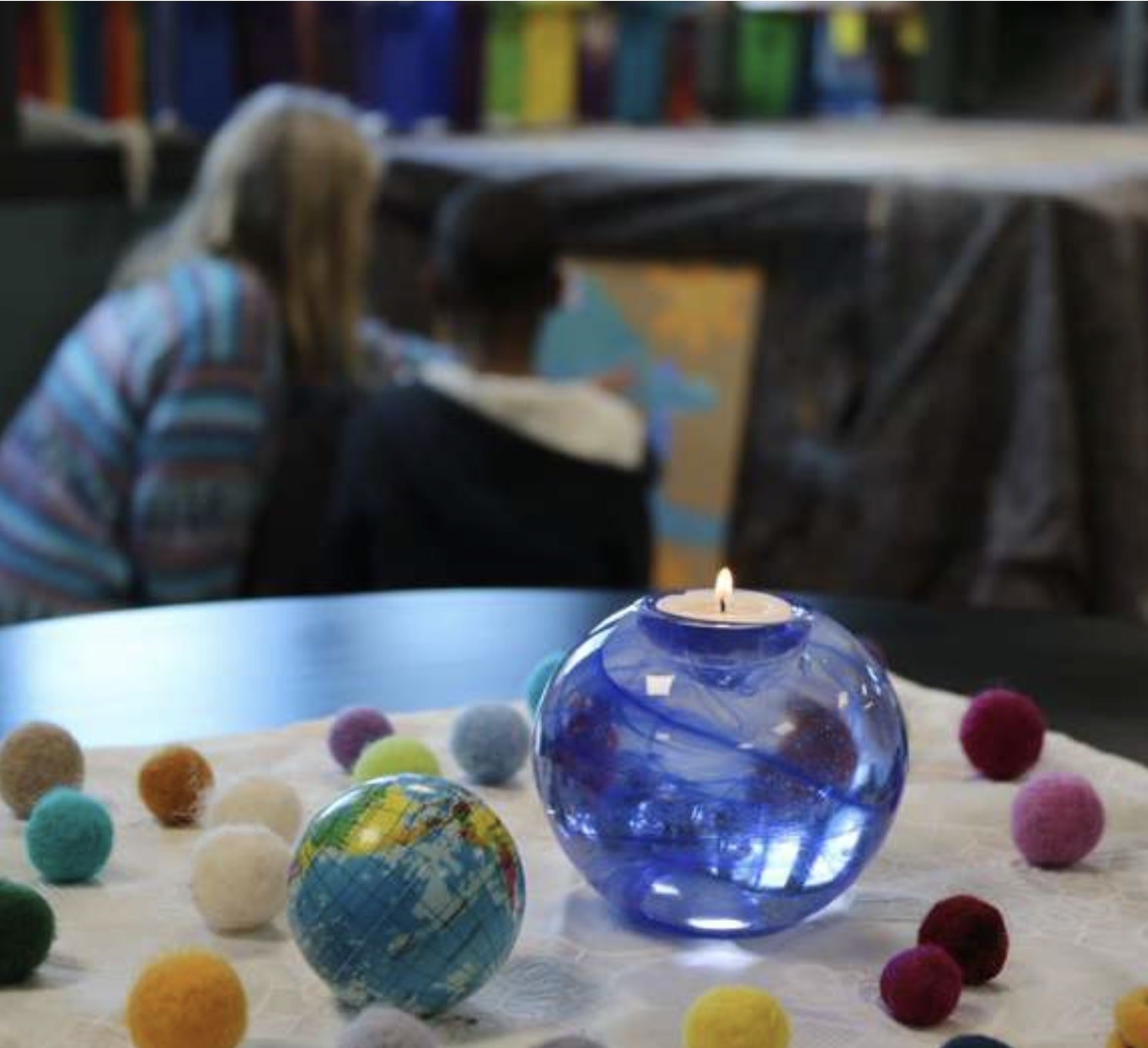NTNU Faculty of Social and Educational Sciences, Department of Social Work, led by Professor Hilde Marie Thrana and conducted research on Peacepainting in collaboration with Kirsti Gjeitnes, University Lecturer in the Department of Social Work, and Elin Hassel Iversen, University Lecturer in the Department of Social Work.
The faculty became interested in Peacepainting's working method, as it was effective in achieving the goal of expanding consciousness and an experience of equality both individually and collectively in the group. The research reveals interesting findings the research community in social and educational sciences in Europe have garnered significant interest in.
Research Results
The research shows that participation in Peacepainting's art workshops has a significant impact on children. In the workshops, they have the opportunity to express themselves creatively and strengthen their self-confidence and sense of achievement. The workshops are seen as safe and calm sanctuaries compared to school, which contribute to their well-being and concentration. Children discover the joy of working over time to create a product, enhancing their endurance and sense of mastery. They engage in social interactions, learn from each other, and experience a sense of belonging and positive relationships with other children. They acquire new painting techniques, explore colors, and develop a love for creating art. Through Peacepainting, children have a new platform to communicate themselves, fostering self-understanding, self-awareness, and identity development.
To read the full report, click here.
Read Full Report
Download the full NTNU Research Report here.


